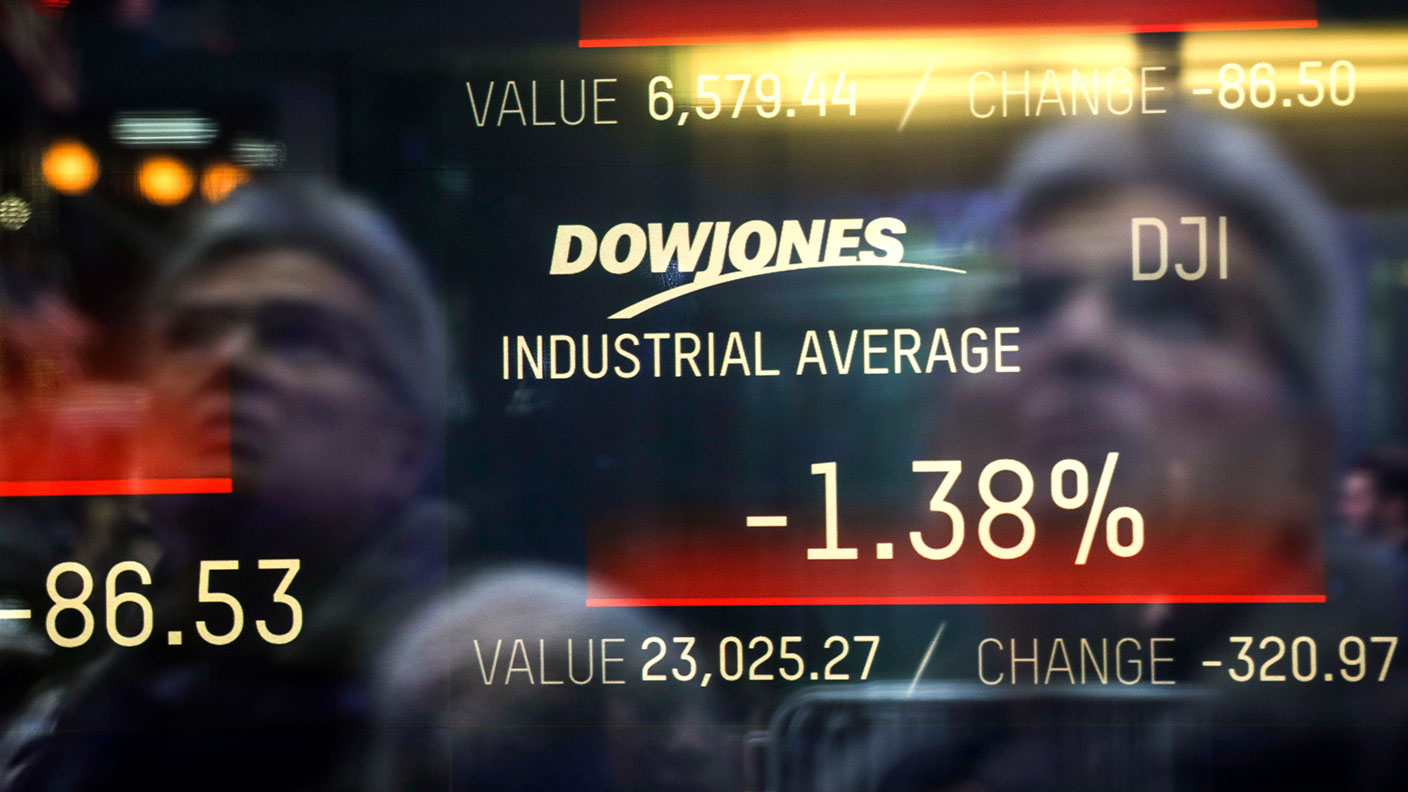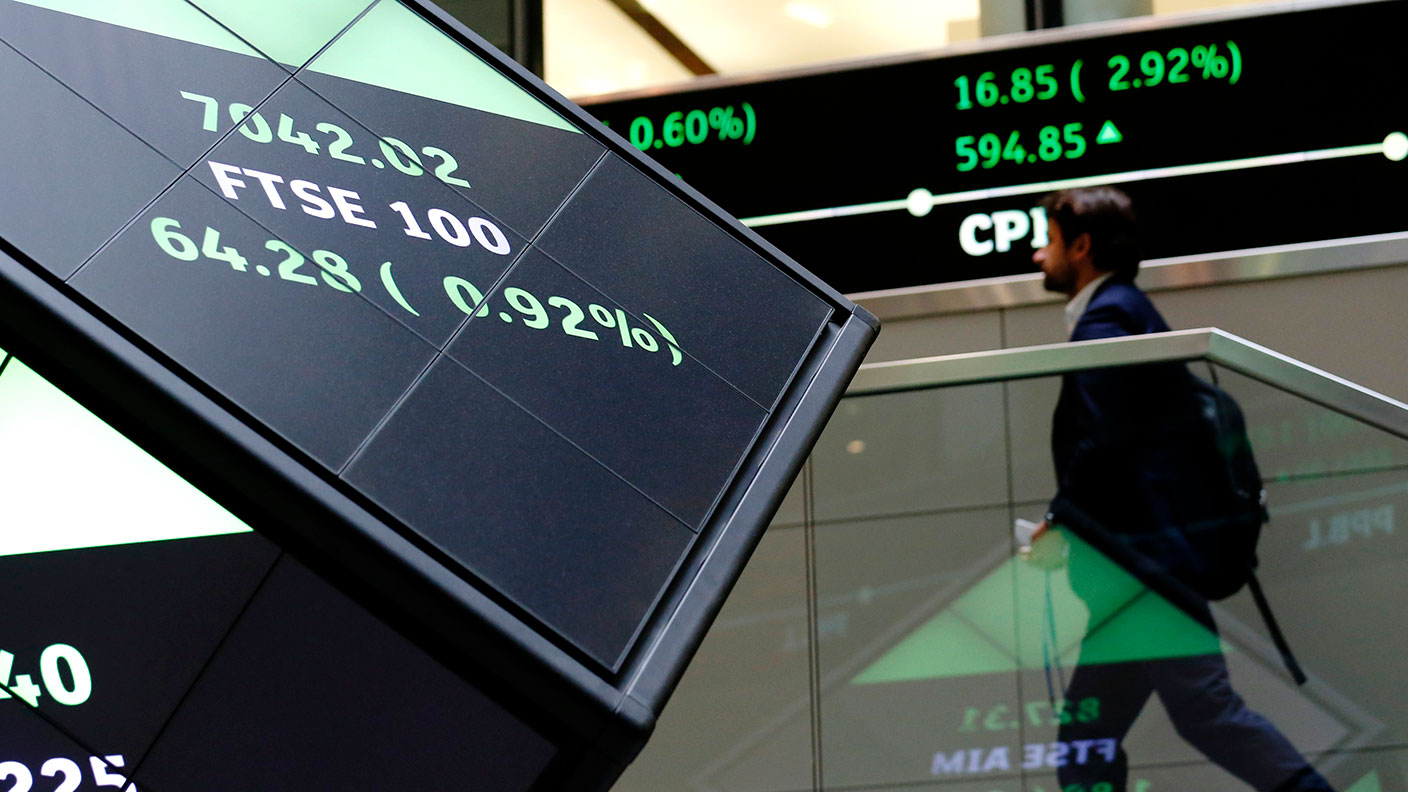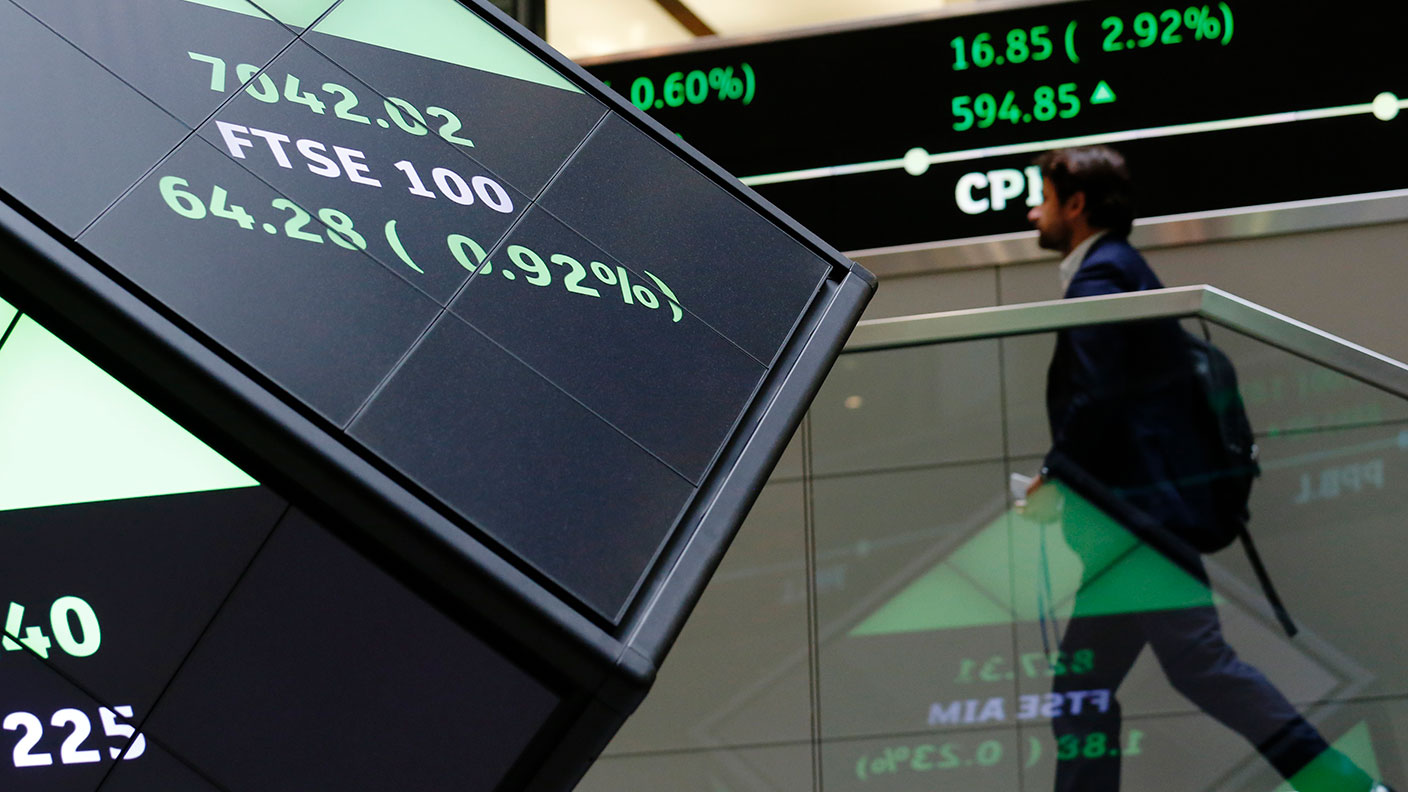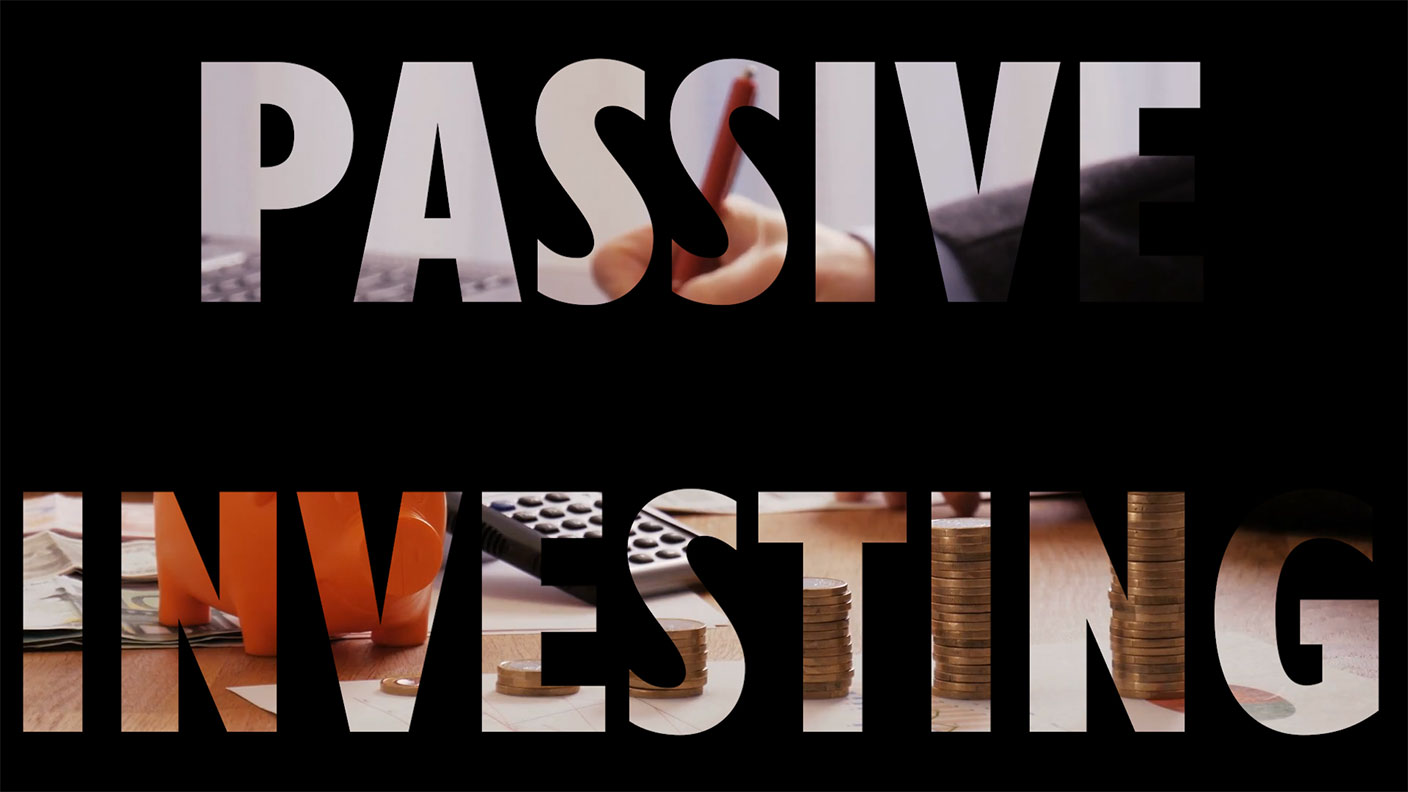Get the latest financial news, insights and expert analysis from our award-winning MoneyWeek team, to help you understand what really matters when it comes to your finances.
You are now subscribed
Your newsletter sign-up was successful
Want to add more newsletters?

Twice daily
MoneyWeek
Get the latest financial news, insights and expert analysis from our award-winning MoneyWeek team, to help you understand what really matters when it comes to your finances.

Four times a week
Look After My Bills
Sign up to our free money-saving newsletter, filled with the latest news and expert advice to help you find the best tips and deals for managing your bills. Start saving today!
At MoneyWeek, we're firm believers in the benefits of passive investing (with a few exceptions see below). If you want to make proper returns from the markets, you've got to keep your costs down. And active fund managers charge way too much, as Merryn Somerset Webb never tires of pointing out (see here, here and here, for example).
And we're not alone.
Eight years ago Warren Buffett, the world's most famous stockpicker, made a bet. Over the course of ten years, said Buffett, the returns from a low-cost S&P 500 fund would easily beat a selection of hedge funds.
MoneyWeek
Subscribe to MoneyWeek today and get your first six magazine issues absolutely FREE

Sign up to Money Morning
Don't miss the latest investment and personal finances news, market analysis, plus money-saving tips with our free twice-daily newsletter
Don't miss the latest investment and personal finances news, market analysis, plus money-saving tips with our free twice-daily newsletter
The precise bet, which you can see over at longbets.org, was that:"Over a ten-year period commencing on January 1, 2008, and ending on December 31, 2017, the S&P 500 will outperform a portfolio of funds of hedge funds, when performance is measured on a basis net of fees, costs and expenses."
He was so confident that he put up $1m of his own money. On the other side of the bet sat New York firm Protégé Partners LLC, which invests in funds of hedge funds. If Buffett won, Protégé would pay $1m to the charity Girls Incorporated of Omaha; if Protégé won, Buffett would pay $1m to Friends of Absolute Return for Kids, Inc.
"Funds of funds with the ability to sort the wheat from the chaff will earn returns that amply compensate for the extra layer of fees their clients pay", Protégé claimed.
Buffett disagreed. "The efforts smart people go to beating the markets are "self-neutralising", he said. "Investors, on average and over time, will do better with a low-cost index fund than with a group of funds of funds."
At Berkshire Hathaway's annual shareholders meeting, held over the weekend, Buffett gave an update on how the bet was going (if you're a fan of active investing, you might want to look away now).
In the eight and a bit years since the bet was made, the cumulative return for the tracker fund (the Vanguard 500 Index Fund) was 65.7%. The hedge funds (the precise funds chosen have remained a secret something for which the fund managers may eventually be truly thankful) have returned just 21.9%.
There's still almost a year and a half to go. But it would take some superhuman fund management to pull it back from here.
There are some exceptions to this rule, of course. We have our some of our own favourites in the MoneyWeek Investment Trust portfolio, selected by Merryn in 2012. The total return so far is over 50%. If you'd like to find out more about that, take out a subscription to the magazine now.
Get the latest financial news, insights and expert analysis from our award-winning MoneyWeek team, to help you understand what really matters when it comes to your finances.

-
 Should you buy an active ETF?
Should you buy an active ETF?ETFs are often mischaracterised as passive products, but they can be a convenient way to add active management to your portfolio
-
 Power up your pension before 5 April – easy ways to save before the tax year end
Power up your pension before 5 April – easy ways to save before the tax year endWith the end of the tax year looming, pension savers currently have a window to review and maximise what’s going into their retirement funds – we look at how
-
 Low-cost index funds for simple investing
Low-cost index funds for simple investingTips Index funds are an easy, low-cost way for investors to invest in a sector or asset class. Here’s a selection of the cheapest passive tracker funds on the market right now
-
 Looking for a hedge against inflation? The FTSE 100 might be a good bet
Looking for a hedge against inflation? The FTSE 100 might be a good betAnalysis There are no assets that will protect investors' wealth entirely against inflation. But the FTSE 100 – a global stockmarket index with a sterling hedge – could be the best of a bad bunch says Rupert Hargreaves.
-
 The power of passive investing – for good and bad
The power of passive investing – for good and badOpinion The rise of passive funds has made investing simple and cheap for millions of people. But it comes with huge consequences for markets, the economy and your wealth, says Merryn Somerset Webb.
-
 Index tracker funds won't shield your wealth from inflation – here's why
Index tracker funds won't shield your wealth from inflation – here's whyAnalysis If you want your portfolio to survive in an inflationary world, a broad index-tracker fund won’t cut it. You need to be a lot more selective than that. John Stepek explains why.
-
 Has passive investing created a stockmarket bubble?
Has passive investing created a stockmarket bubble?Sponsored Over the past two decades, investors have been switching from buying actively managed investment funds to buying passive funds that simply track a market. And that’s affected how the markets work. John Stepek explains why.
-
 What is passive investing?
What is passive investing?Videos Passive investing is when you buy a fund that aims to track the performance of a particular index. Here's how it works.
-
 The triumph of the blob: how passive investing could devour markets
The triumph of the blob: how passive investing could devour marketsCover Story We’re fans of passive investing at MoneyWeek. But is the rapid growth in passive ownership having a detrimental effect on the way that markets work? It might just be, reports John Stepek
-
 How the boom in passive investing could create better-run companies
How the boom in passive investing could create better-run companiesOpinion ESG investing, or "ethical investing" as it used to be called, is mostly about the marketing, says John Stepek. But it's not all bad.
